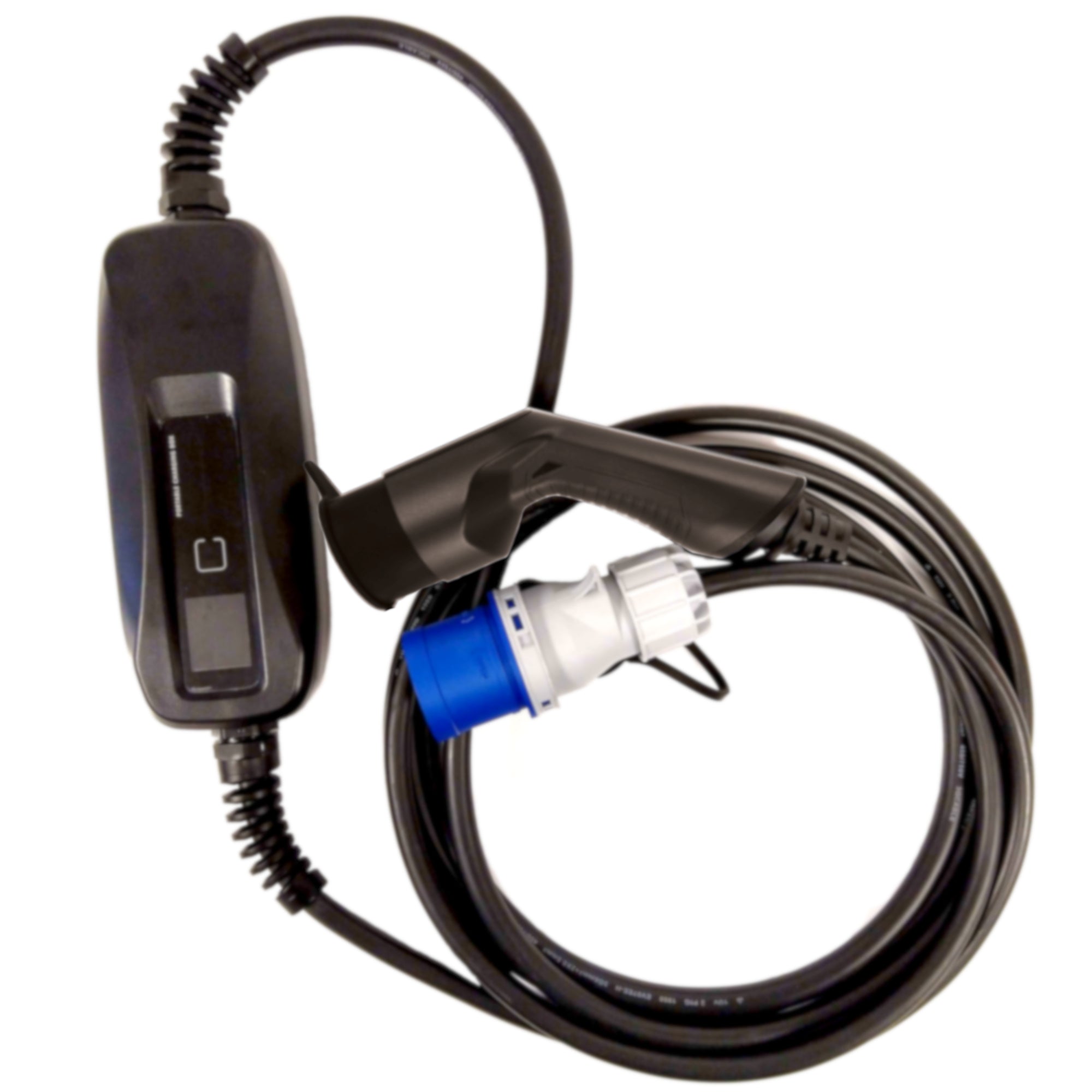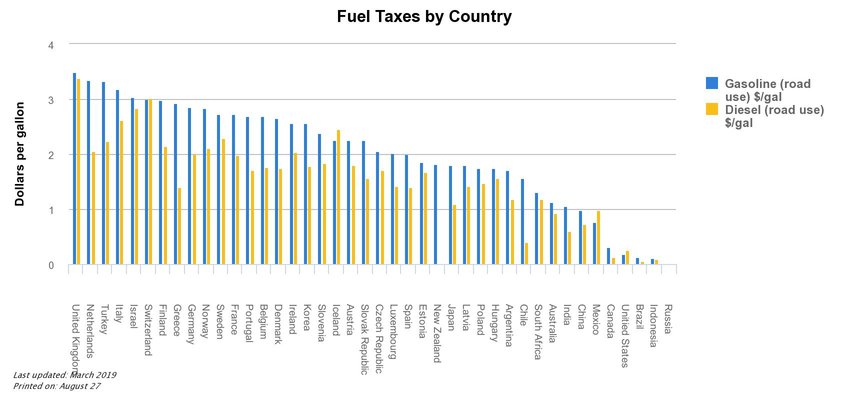toddy
Member
- Messages
- 726
- Location
- Didcot, uk
I found great Yarmouth ok, even in cobholm... But then if you know all the rough people it helps....No it is real... Night out in "lattice house" - is like/was taking your life in your own hands! (it is shutdown now - but being refurbished for a grand opening soon)
Come to Norfolk it is nice - just avoid King's Lynn - Thetford or Great Yarmouth and you will be OK.







